His employer may have changed but Andy Goldie’s palpable passion for producing and progressing young footballers remains unaltered.
“It doesn’t matter whether you drive a bus, cut the grass or coach individuals; your job is player development,” he declares, a whirlwind of energy and enthusiasm. “This is our identity.”
Swansea City’s £10m training base in Lindore provides a lush, sprawling backdrop for Courier Sport’s conversation with the former Dundee United academy director.
The floodlights of the Swans’ Liberty Stadium soar in the distance.
They once shone upon the likes of Michu, Wilfried Bony and Bafetimbi Gomis as the Welsh outfit rose to the Premier League and participated in the Europa League.
Football royalty, Michael Laudrup, occupied the dugout.
Heady days.
But Swansea are now in the Championship, on the fast-track to self-sustainability and seeking to build on their proud history of producing home-grown heroes.
Young talents like Ollie Cooper and Ben Kabango are the blueprint.
And Goldie is the man tasked with overseeing this new era, having been named academy manager in July on the back of his work at Tannadice.
“Swansea City have enjoyed tremendous success in developing young players,” Goldie said. “Seven Swansea academy products are in the Wales World Cup squad, and we were the second-highest represented team at the last European Championship, behind Barcelona. That is incredible.
“There has always been a focus on developing our own players. The fans want it, and that is the culture and desire here.
“First and foremost, we want players to have success at Swansea. But we make peace with the fact Tottenham will buy Joe Rodon, Liverpool will buy Joe Allen and Manchester United will buy Dan James.
“We’ll also invest in emerging talent. Last year we bought Flynn Downes from Ipswich for around £1m — and we sold him to West Ham a year later for £14m. That’s an indication of the type of club we are.”
A ‘realignment’
There are faint echoes of Goldie’s three years at Tannadice from 2019, with the club able to bank fees for Kerr Smith, Jamie Robson and Louis Appéré.
The SPFL deemed that a failure to protect their right to compensation meant that United would receive no fee following Lewis Neilson’s move to Hearts. Nevertheless, he was developed into a saleable asset.
Goldie’s plan to focus on individual player development — including intensive, customised one-to-one coaching, married with classroom work — is something United sought to implement. The realities of staffing numbers made that challenging.
At Swansea, he has 40 coaches.
Their former employers range from Vancouver Whitecaps, West Brom and Crystal Palace. Another is from Finland. United analyst Liam Ross will join Goldie in Wales.
“Instead of a rebuild, this is more of a realignment,” he added. “All the different facets of academy football — analysis, medical, physical, operations, player care and development — are doing great work in their departments.
“But we want to bring those together. Everyone’s job should be player development and what happens on those grass pitches.”
Learning from Dundee United
While far from a blank cheque, the resources are a different world from Tannadice. Nevertheless, there are lessons to be learned from his time at United.
“I’m doing a course with the English FA at the moment,” continued Goldie. “The presentation I am delivering is comparing the first 90 days at Dundee United to my first 90 days at Swansea.
“It is amazing to reflect.
“As much as we achieved success, and for all the things we got right at Dundee United, personally I made so many mistakes during that early period.
“That’s probably the biggest credit I would give to the ownership, Tony (Asghar, United sporting director) and the staff: they allowed those mistakes and supported that process.”
Goldie added: “One of the things I probably didn’t get right is understanding and appreciating how valuable the people who had been there previously were.
“I probably took them for granted at the start and it took me some time to understand that Dundee United was built on people like that.”
He cites coaches David Bowman and Brian Grant, head of player care Niall Nicolson and talent acquisition scout Paul Clark as examples.
“As much as my kids bought the United kit and went to every home game, those guys will ALWAYS have a stronger connection. It’s in their blood. Swansea is exactly the same. This club has to be built on people who live and breathe the football club.”
Magic Martin
Last season saw 16 graduates feature for the United first-team, while the Tangerines secured European qualification with a former academy coach — Tam Courts — at the helm.
“It just felt like, with the success we had, it felt like the natural end of the cycle,” Goldie adds, noting that he turned down interest from elsewhere previously.
And while the financial power, facilities and youth pedigree of Swansea were alluring factors, the draw of working with first-team manager Russell Martin — an ex-Rangers, Norwich and Scotland defender — was a major draw.
“Russell was one of the biggest reasons, if not the biggest reason, I decided to come to Swansea over other options,” lauded Goldie. “He is fantastic.
“I watch him work on a daily basis. We have conversations, text constantly about football and meet up for dinner during the week. We share ideas and challenge each other.
“What I’ve learned from him over the last three months is probably more than I’ve learned from a number of different people I’ve worked with.
“In my view, we will be very lucky to keep him, long-term.
However, Goldie added: “I’ve seen Russell linked with all the jobs — Brighton, Southampton and, most recently, Rangers. But it would take something very special to tempt him away from this project.
“He has bought into the vision of the club and wants to achieve success here before anything else.”
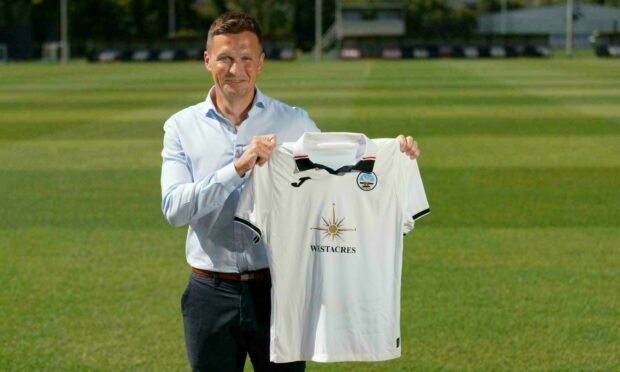
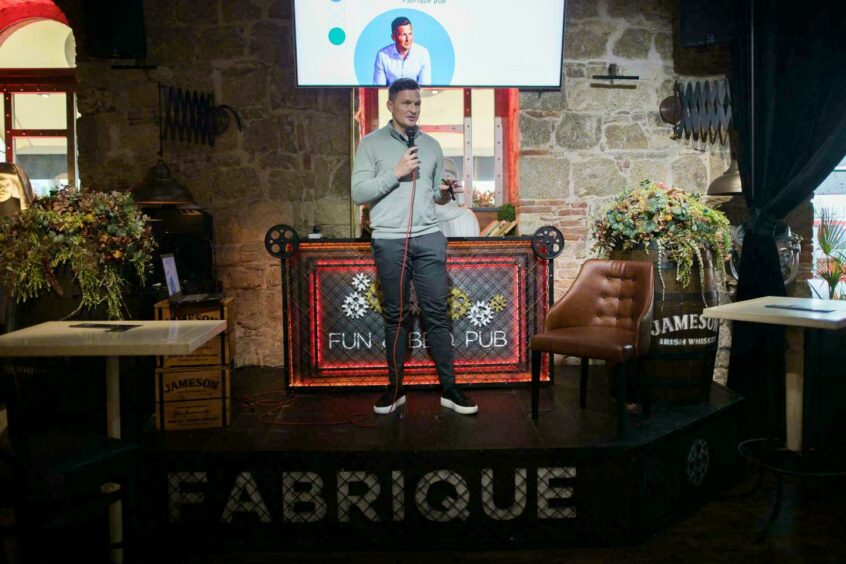
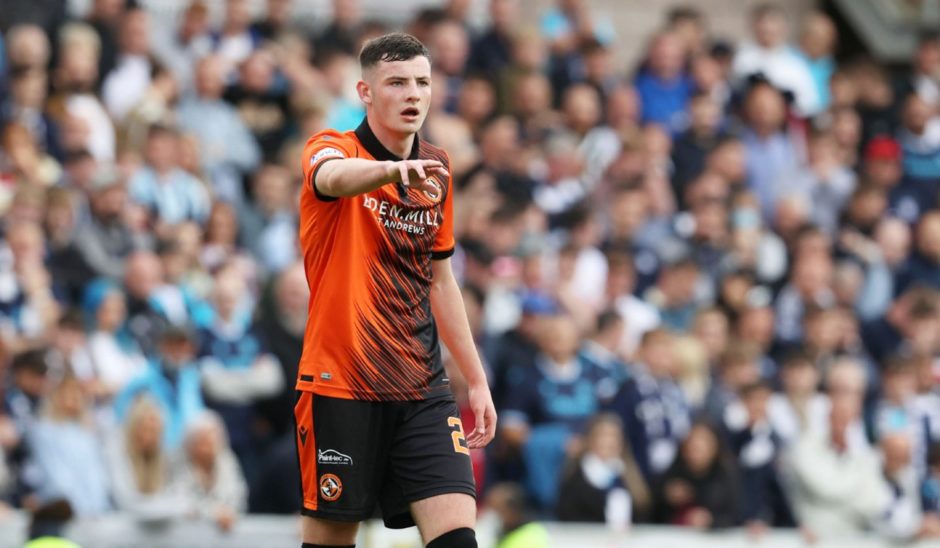
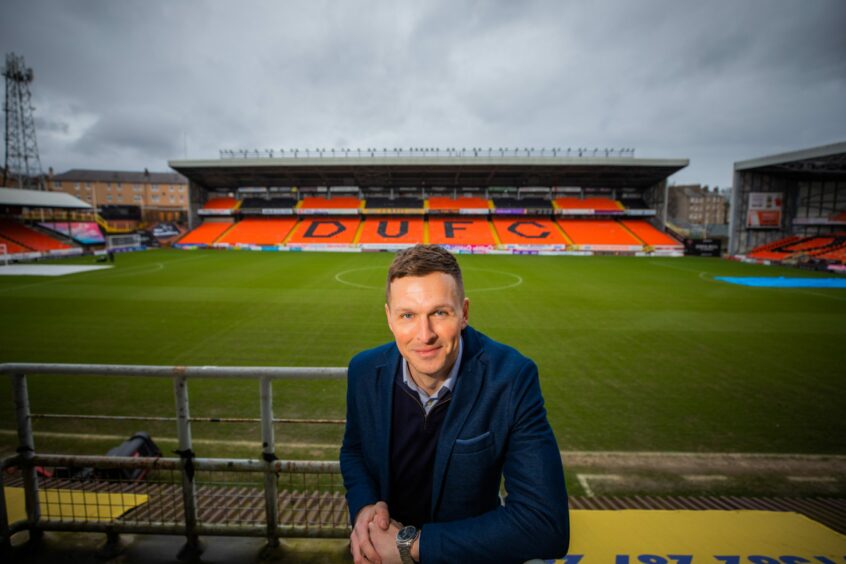
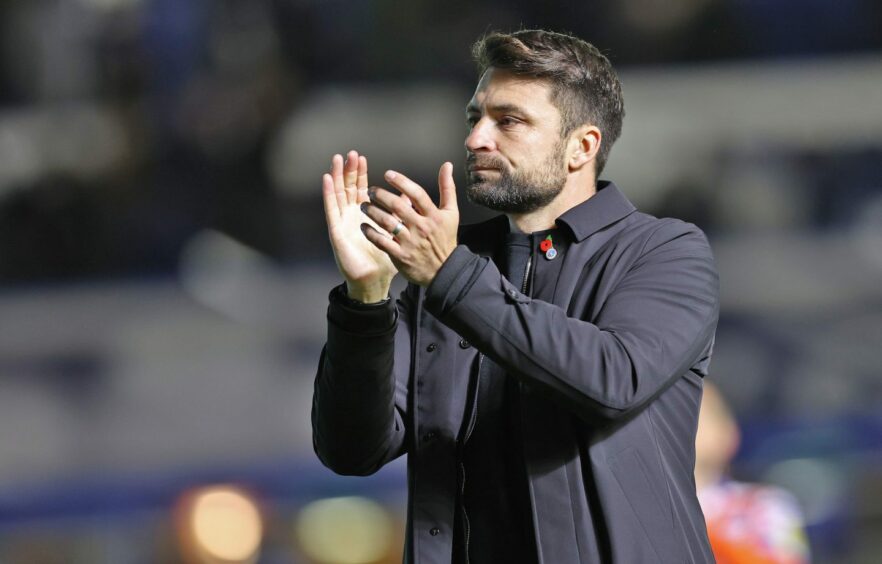
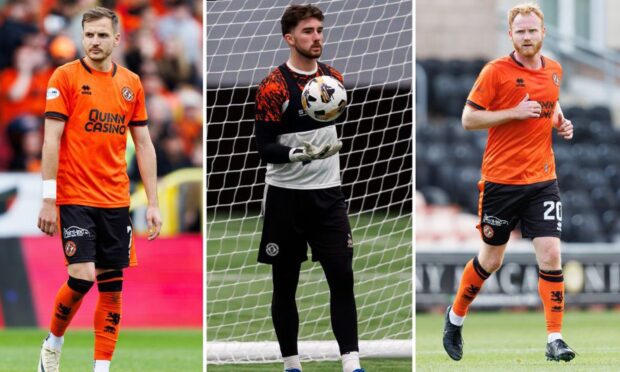
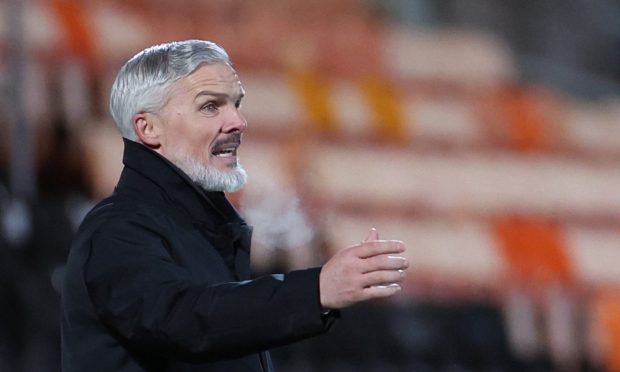
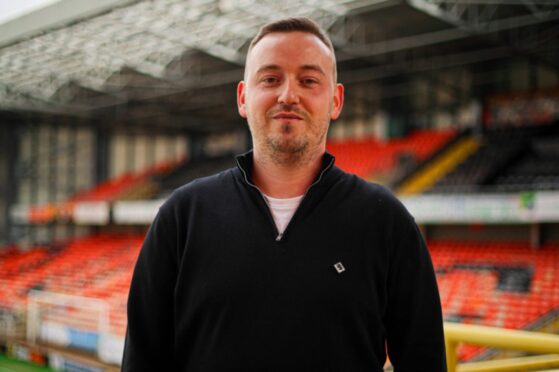
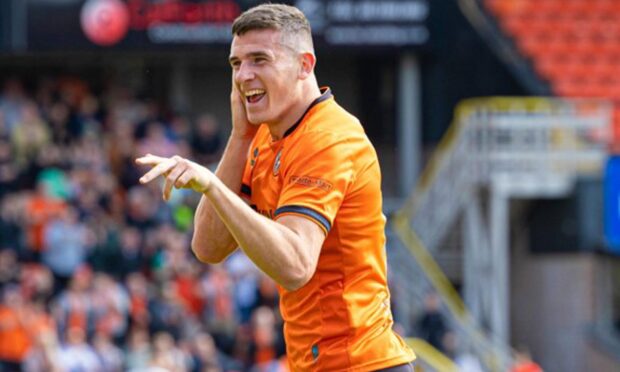
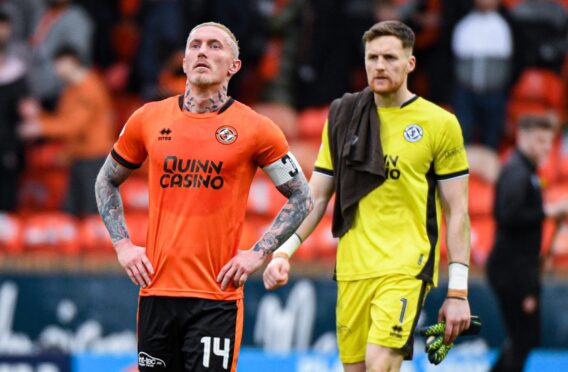
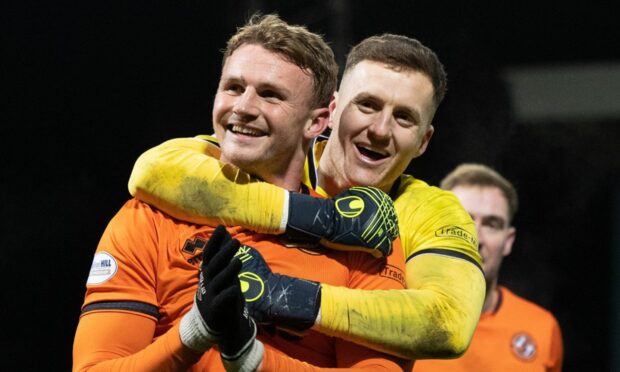
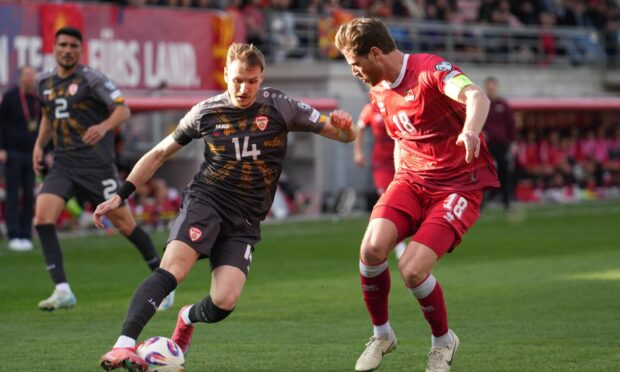
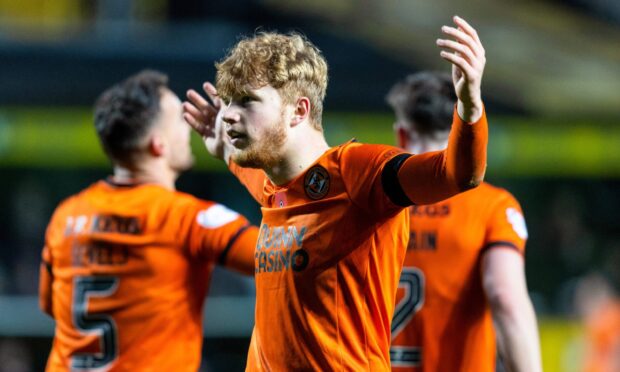
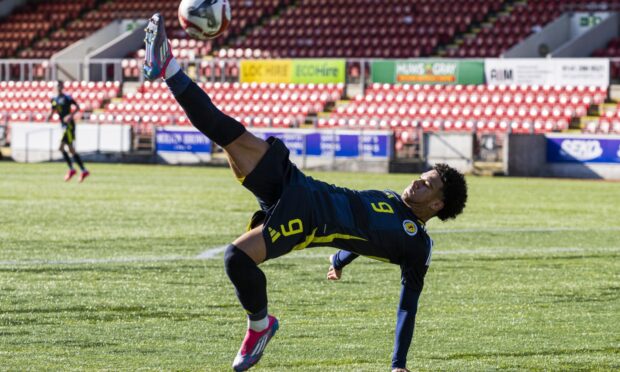
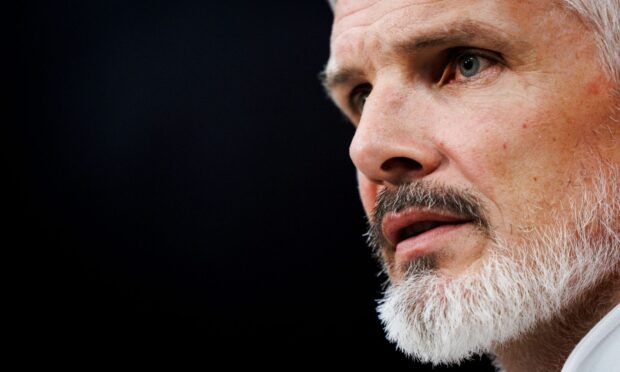
Conversation